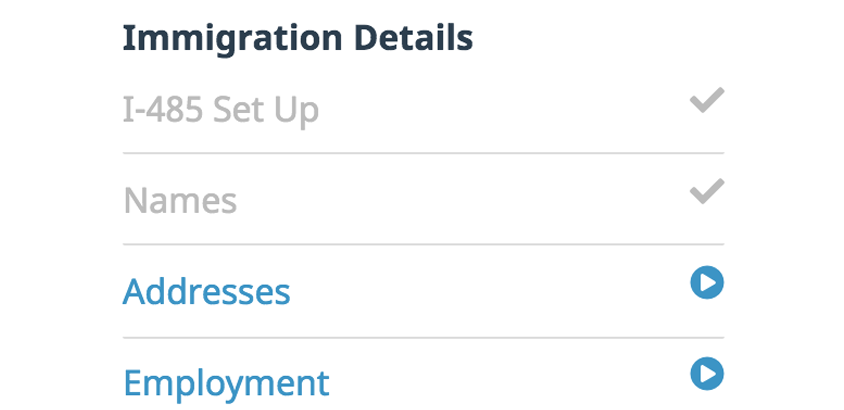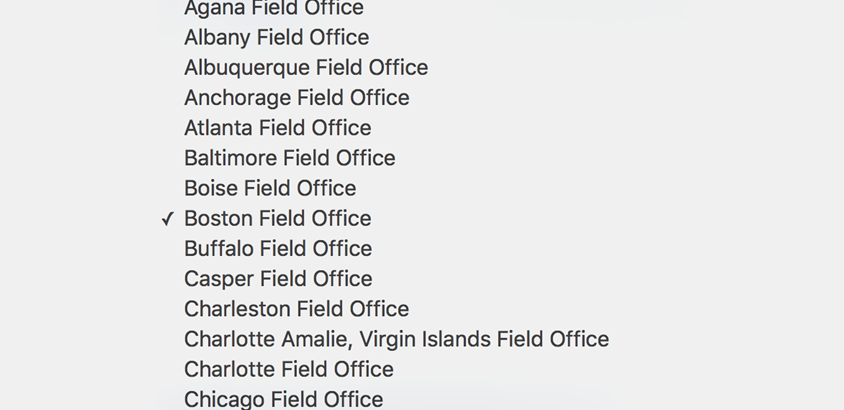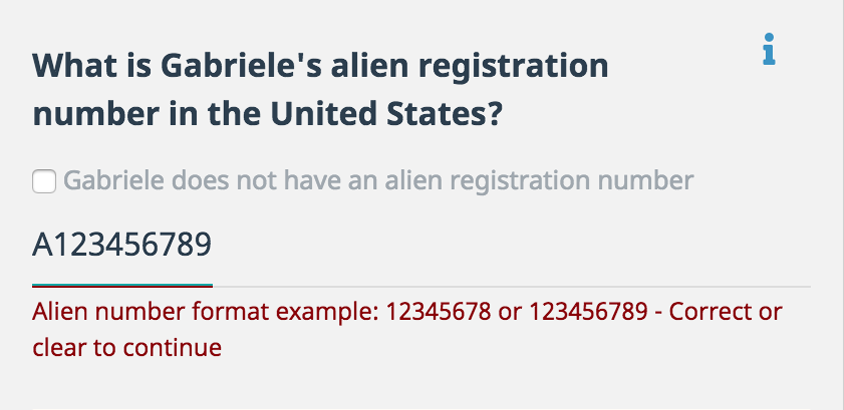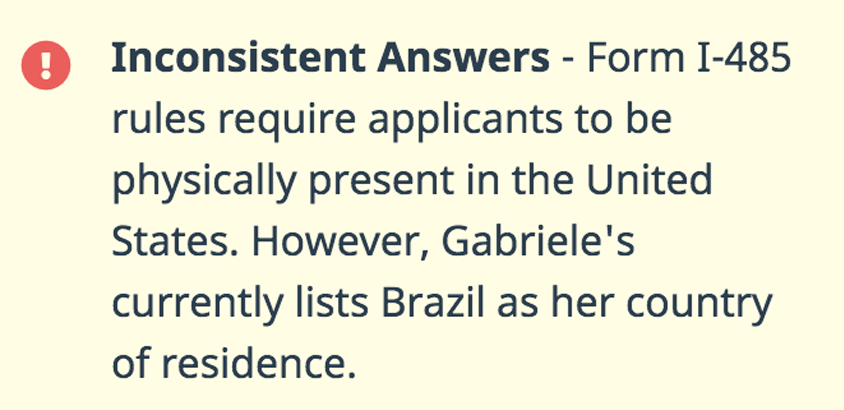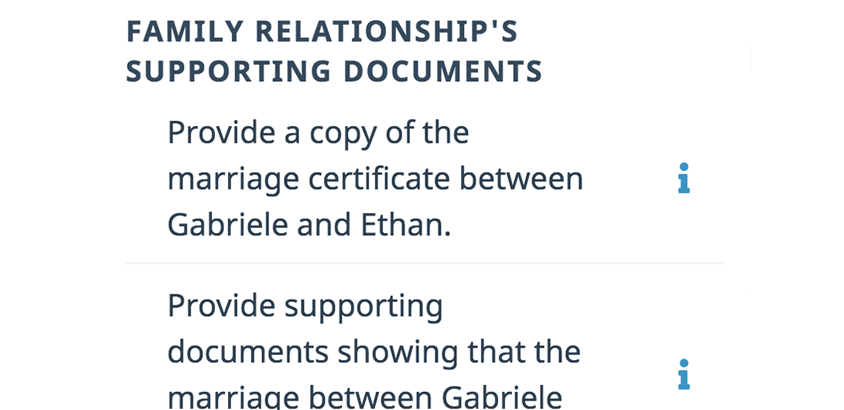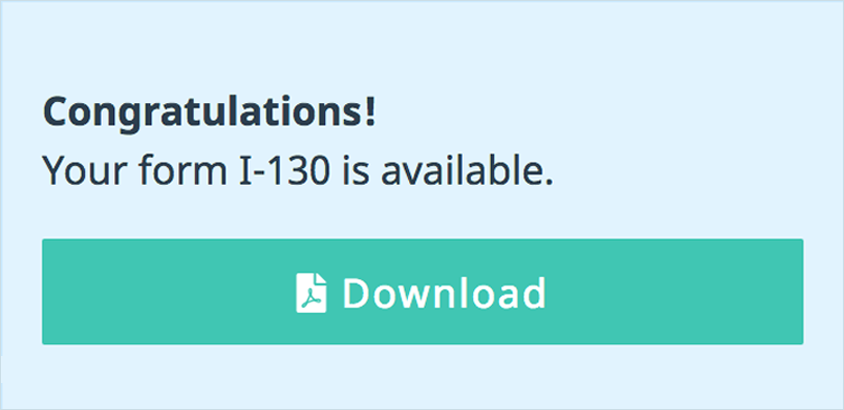Upcoming 2019 Affidavit of Support Rules
Latest News and Updates
Immigration Planner is closely following the changes that might be implemented by USCIS regarding which family applicants could be considered a Public Charge, and the associated impact on the Affidavit of Support.
USCIS Proposes New Rules
On October 10th, 2018 USCIS published its proposed new rule called ‘Inadmissibility on Public Charge grounds’ and asked for comments.
The ‘comment period’ ended on December 10th, 2018 with more than 200,000 comments submitted.
The next step is for USCIS to review these comments, publish a ‘final’ rule, and decide on an implementation date. It is unclear when exactly these steps will take place but at this point Immigration Planner does not anticipate a new Public Charge rule to be implemented before the summer of 2019.
Preliminary Analysis
The proposed rule would make it much more likely that family applicants could be found inadmissible under the ‘public charge’ ground of inadmissibility because of the following key reasons:
- The threshold for being considered a ‘public charge’ is lowered
- The timeframe under consideration for the ‘public charge’ determination is lengthened
- The minimum income requirements for applicants are likely to increase
- The number of reasons that make an applicant automatically a ‘public charge’ is increased
- The way for applicants to prove that they will not become a ‘public charge’ is not as clear as before
The current definition of ‘public charge’ is a person who is “primarily dependent” on public benefits, that is to say a person for whom public benefits represent more than 50% their income and support.
This 50% threshold would be lowered to 15% and a person receiving monetizable public benefits in excess of $152 per month would be considered a public charge.
Note: For those who like numbers, the 2018 Federal Poverty Guidelines for a ‘household size’ of one is $12,140 annually. If you take 15% of $12,140, you get $1,821 annually. And if you divide $1,821 by twelve, you obtain $152 per month.
The ‘public charge’ determination would not only be made at the time the Affidavit of Support is reviewed, but would also put an emphasis on assessing if applicants are likely at any time in the future to become public charges based on the new, lowered threshold.
The proposed rule would change the way the ‘household size’ is computed. Currently, people who are neither dependents of the sponsor, nor claimed on the sponsor’s tax return or supported through an Affidavit of Support are not counted in the household size. More people could be counted as part of applicants household size either because applicants support them, or because these people support applicants (for instance parent, sibling, or a grandparent). When the ‘household size’ is increased, so is the minimum financial requirement.
Applicants would be automatically considered a public charge if:
- They receive monetizable public benefits in excess of $152 for 12 consecutive months; or
- They receive benefits that cannot be monetized for more than 12 months in the aggregate within a 36-month period; or
- They receive monetizable public benefits, although less than the $152 per month threshold, and they receive benefits that cannot be monetized for more than 9 months in the aggregate within a 36-month period.
Additionally, the following ‘non-cash’ benefits that were not taken into account before would be taken into account in the proposed rule:
- No-emergency Medicaid
- Premium and Cost Sharing Subsidies for Medicare Part D
- The Supplemental Nutrition Assistance Program (SNAP)
- Benefits provided for institutionalization for long-term care at government expense
- Housing programs, including Section 8 Housing Assistance under the Housing Choice Voucher Program, Section 8 Project-Based Rental Assistance (including Moderate Rehabilitation), and Subsidized Public Housing.
Although convoluted in its execution, the Affidavit of Support’s requirement have so far been fairly simple to grasp and understand. U.S. Immigration agencies have been essentially saying ‘prove to me that sponsors earn more than the minimum financial requirements and, if this is not the case, find a joint-sponsor (or two) who fit the bill’.
The proposed rule focuses on applicants, and specifically mentions that all of applicants’ circumstances will be evaluated including: age; health; family status; assets, resources, and financial status; and education and skills. When more parameters are under review, it is easier to find a ‘weak link’. For instance an experienced person might have assets but can be found old. And a young PHD student might be found to have a great education but have no resources.
Applicants cannot do anything about their age, and not much about their healt, but they might think about working on things they have more control over:
- Employability: get a job if you do not have one but are legally authorized to work, get additional diplomas
- Evaluate the consequences of receiving public benefits, especially for applicants living in the United States (the worry of many is in fact that applicants will opt-out of public benefits they need)
- Document the fact that you have the financial means to pay for medical costs
No, the new ‘Public Charge’ rule would apply to all U.S. visa applicants, whether temporary (for example) tourist or student visas or permanent (Green Cards). Additionally, the rule would apply to ‘admission, extension, or maintenance of status’.
They can still get benefits without an impact on their parents Green Card application. The proposed rule states that ‘the direct receipt of public benefits by U.S. Citizen children would not factor into the public charge inadmissibility determination.
USCIS states that applicants are ‘self-sufficient’ when they ‘do not depend on public resources to meet their needs, but rather rely on their own capabilities and the resources of their family, sponsor, and private organizations’.
Form I-944 would be a new USCIS form which would be filed by Family Green Card applicants alongside Form I-485. The content of the form would be used by USCIS to determine whether applicants are ‘self-sufficient’. Being ‘self-sufficient’ is the opposite of being a ‘Public Charge’ and means that applicants do not depend on public resources to meet their needs.
Form I-945 would be a new USCIS form which would be filed by applicants who have been found to be inadmissible on ‘Public Charge’ grounds, but were given the opportunity to submit a ‘Public Charge Bond’.
Applicants found inadmissible on ‘public charge’ ground will see their Green Card denied. There is no ‘waiver’ for that ground of inadmissibility, not even for immediate relatives.
Why use our smart forms?
